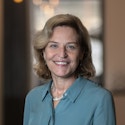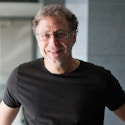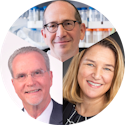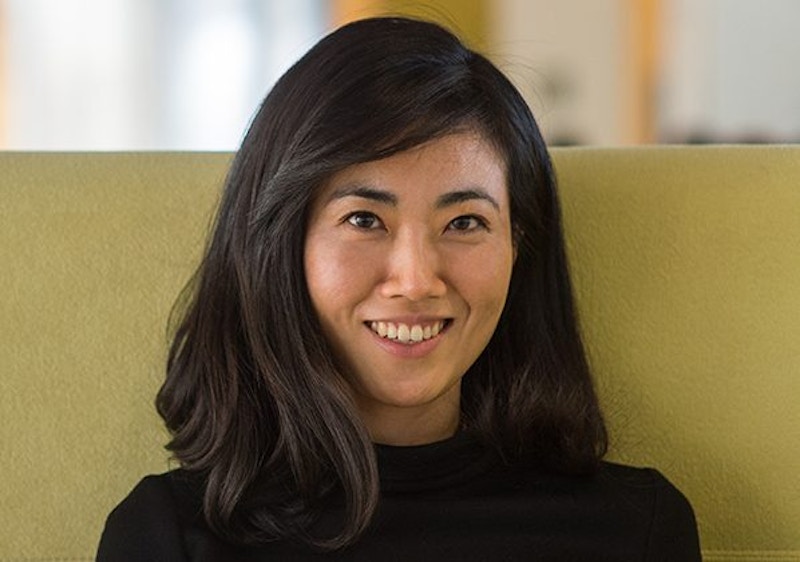Past Lectures


How emotions shape our memories
Have you ever contemplated the difference between a feeling, a thought and a memory? And how do all these things fit together in making us who we are?
Leonard Mlodinow is a theoretical physicist and best-selling author. In his latest book, “Emotional: How Feelings Shape Our Thinking,” he unpacks the role emotions play in our thinking and mental well-being.
Kelsey Martin, director of the Simons Foundation Autism Research Initiative (SFARI) and the foundation’s neuroscience collaborations, has spent much of her career as a neuroscientist seeking to understand better how experiences change brain connectivity to store long-term memories.

What do we mean by ‘autism risk genes’?
David Ledbetter and Joseph Buxbaum discussed whether there are genes for which mutations confer risk specific to autism or whether these genes are really conferring general risk of disrupted brain development. The discussion was moderated by Heather Mefford.

Small molecules, genes and antisense oligonucleotides: Industry perspectives on treatment development for ASD
Vice President, Head of Clinical Science, Axial Therapeutics
Stuart Cobb, Ph.D.
Chief Scientific Officer, Neurogene; Research Fellow, University of Edinburgh
Yael Weiss, M.D., Ph.D.
Vice President, Business Development, Ultragenyx
Randy Carpenter, M.D.
Chief Medical Officer, Rett Syndrome Research Trust; Co-Founder, Allos Pharma
Federico Bolognani, Stuart Cobb, and Yael Weiss joined a panel to discuss new industry developments on the use of small molecules, gene therapy and antisense oligonucleotides as treatment approaches for autism spectrum disorders (ASD). The panel discussion was moderated by Randall Carpenter.
